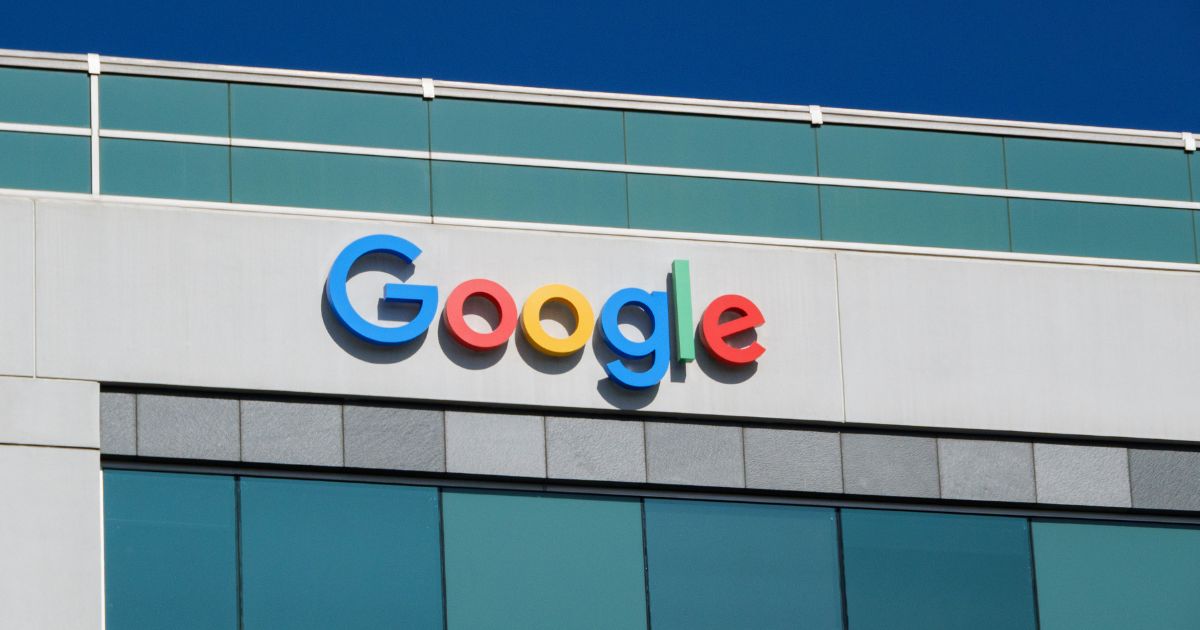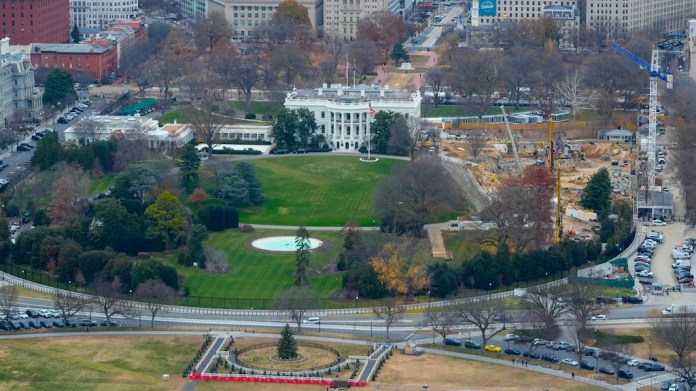Federal Judge Rules Google Is A ‘Monopolist’
In a significant ruling with potential ramifications for upcoming Big Tech antitrust lawsuits, U.S. District Judge Amit Mehta determined that Google has engaged in monopolistic behavior by illegally dominating key U.S. search and advertising markets. The judge’s decision arose from a case initiated by the Trump administration’s Department of Justice in 2020, which accused Google of utilizing its substantial financial resources to secure exclusive agreements that maintain its status as the default search engine on many devices, thus stifling competition.
Judge Mehta concluded that these actions violate Section 2 of the Sherman Act, which prohibits monopolistic practices, and effectively hinder competitors in both the search service and online advertising sectors. Although he recognized Google as a monopolist that employed various tactics to protect its market dominance, he opted not to impose immediate penalties, indicating a future remedies trial could address necessary changes to Google’s operations.
During the trial, Google’s defense argued that their technological superiority justified their market position; however, the judge found that their practices created an environment that disadvantaged rivals, limiting their ability to compete. The ruling marks a critical moment in the scrutiny of Big Tech companies and their influence in the digital landscape.
In a ruling that likely carries big implications for the future of several other Big Tech antitrust lawsuits, a federal judge found Google abused its amassed power to illegally dominate at least two U.S. search and advertising product markets.
U.S. District Judge of the Washington D.C. District Court, Amit Mehta, decided Monday that Google’s attempt to secure exclusive distribution agreements that guaranteed it would be users’ default search engine amounts to monopolistic behavior that deserves rebuke.
By paying smartphone and web browsing companies such as Apple and Samsung tens of billions of dollars, the Alphabet technology company violated Section 2 of the Sherman Act, which prohibits unfair monopolies, and harmed competitors’ abilities to make gains in both the general search services and general text advertising markets.
“After having carefully considered and weighed the witness testimony and evidence, the court reaches the following conclusion: Google is a monopolist, and it has acted as one to maintain its monopoly,” Mehta wrote in the 277-page ruling.
The lawsuit, first brought by former President Donald Trump’s Department of Justice and 11 state attorneys general in 2020, alleged that Google, “one of the wealthiest companies on the planet” with a track record of censorship, became a “monopoly gatekeeper to the internet for billions of users and countless advertisers worldwide.”
“For years, Google has accounted for almost 90 percent of all search queries in the United States and has used anticompetitive tactics to maintain and extend its monopolies in search and search advertising,” the DOJ press release stated. “As alleged in the Complaint, Google has entered into a series of exclusionary agreements that collectively lock up the primary avenues through which users access search engines, and thus the internet, by requiring that Google be set as the preset default general search engine on billions of mobile devices and computers worldwide and, in many cases, prohibiting preinstallation of a competitor.”
During the weeks-long trial, Google’s legal team and CEO Sundar Pichai repeatedly argued that they simply maintained an edge on search engine technology that other companies could not rival. Mehta, however, disagreed stating that the current system “puts rivals in no position to compete with Google for the increased ad revenue that accompanies greater query volume.”
He noted that Google went to great lengths to cover up any semblance of antitrust violations and that he was “taken aback by the lengths to which Google goes to avoid creating a paper
trail for regulators and litigants” but ultimately declined to impose sanctions on the Big Tech company.
Mehta also did not immediately state any penalties or recourse for the company’s anticompetitive behavior because he wanted to first establish Google’s liability. He did, however, hint at a remedies trial, which the New York Times warned might force Google “to change the way it runs or to sell off part of its business.”
" Conservative News Daily does not always share or support the views and opinions expressed here; they are just those of the writer."




